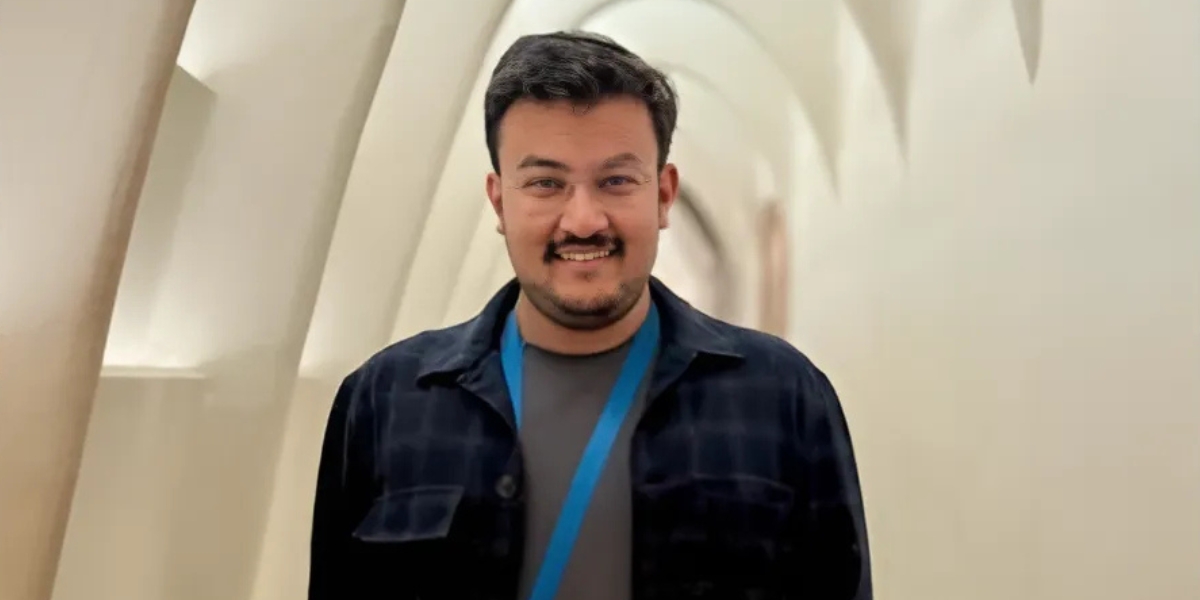Every parent wishes for their child to grow to their fullest potential. Even when these children become adults, their parents will continue to want what is best for their well-being. They equip their children with the tools and skills they need to face life. So when things fall apart, parents usually resume their more significant role as a support system. When her son developed a substance use disorder, Barbara Decker felt at a loss about how she could help him in his time of need. Nothing had prepared her for what was to come with her son’s long road to recovery. After doing her research and consulting with professionals, Barbara found a way to help her son. And since then, she has been assisting other parents in providing the support their child needs.
A phone call in the middle of the night woke Barbara Even before she answered the phone, she could tell that something terrible had happened. “When I answered the phone, it was my son’s roommate. He asked me to come to their apartment because there was something wrong with Eric. I had always been there for my son no matter what, and this time was no different,” she said. As she parked the car in front of her son’s apartment, she saw a man shuffling towards her and mumbling incoherently. A man she mistook for a homeless person turned out to be her son.
Barbara cried when she realized what had happened to her son. The police arrived and led him to a waiting ambulance. “They told me that my son was an addict. My first reaction was anger at myself. How did I miss the signs? How could I not know that he had been using drugs right under my nose for years? I felt like a failure as a mother, and I wanted to help him in any way I could,” she shared.
As she helped her son on his journey to recovery, Barbara went into full-on “Mom Code” mode with him. She tried everything, from interventions, therapy, rehab, to counseling and prayers. The pressure took its toll on both of them. Fear and worry threaded themselves into Barbara’s daily life, and Eric started to resent how she fussed over him. For two years, this was the state of their relationship. Until one day, things changed.
Barbara reached out to a behavioral therapist they had worked with before. “He told me something that blew my mind: There is nothing you can do that will help your son. Only he can choose recovery,” he said. It may seem counterintuitive, but Barbara realized that the best way to help her son was to work on herself first.
Years later, she shares all of the hard lessons she learned with other parents struggling to help their children choose recovery. As a result, Barbara created a program that clearly outlines how parents can best support their well-being while still encouraging their children’s recovery from addictions of all kinds. “As parents, and especially as mothers, there is a tendency for us to put our children first and ourselves last. But helping our children through recovery requires setting real boundaries, boundaries within our control. And even though we keep hearing that advice, most of us don’t really know how to set and enforce these boundaries, or what it means to stop enabling their behaviors,” she said.
By teaching other parents the Love Another Way Framework, Barbara has provided thousands of parents with a practical guide and a step-by-step system that helps parents decide how to do what is best for them. “By showing them how to establish what I call Transformative Boundaries, I show parents a different way to go through this journey of recovery with their child,” Barbara said.
Barbara Decker’s Love Another Way Framework has helped so many families and touched countless lives. The road to recovery is far from linear, but she has provided parents with the tools they can use throughout this journey.
Barbara shared, “My hope is that other rehab facilities or support groups can also start using my program. I want more people to benefit from the power of this approach.”
Barbara Decker is a Certified Family Recovery Specialist and founder of Live Well and Fully. Her Love Another Way Program has helped parents support their children through addiction-based challenges. For more information about her work, you may visit the Live Well and Fully website.





